🐋 Whale Watching in British Columbia: A Nature Lover’s Paradise 🌊
Explore the Majestic Marine Life of Canada's West Coast
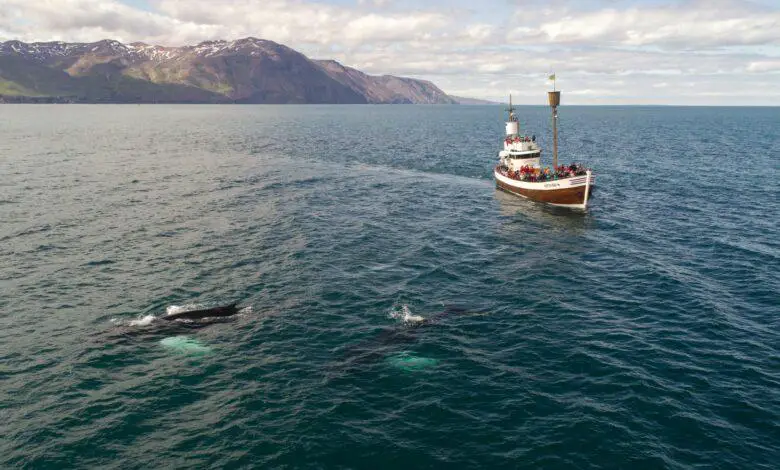
Introduction
Welcome to the breathtaking world of whale watching in British Columbia, where the rugged coastline meets the vast expanse of the Pacific Ocean, creating a haven for some of the world’s most magnificent marine mammals. Join us as we embark on an unforgettable journey into the heart of nature’s majesty, where encounters with giants of the sea await at every turn. From the iconic orcas to the graceful humpbacks, British Columbia’s coastal waters offer a front-row seat to one of the most awe-inspiring spectacles on Earth.
Types of Whales Found in British Columbia
Humpback Whales
Humpback whales are among the most iconic species found along the coast of British Columbia. These massive marine mammals are known for their acrobatic displays, including breaching, slapping their fins and tails on the water’s surface, and creating bubble nets to corral prey. Humpbacks are migratory animals, traveling thousands of kilometers between their feeding grounds in colder waters and their breeding grounds in warmer climates. British Columbia’s coastal waters serve as important feeding grounds for humpback whales during the summer months when they come to gorge on abundant prey such as krill and small fish.
Orcas (Killer Whales)
Orcas, or killer whales, are another prominent whale species found in British Columbia’s coastal waters. These highly intelligent and social creatures are famous for their distinctive black and white coloration and their complex social structures within pods. Orcas are apex predators, feeding on a variety of prey including fish, seals, and even other whales. They are known to travel extensively along the coast, with some populations exhibiting distinct migratory patterns. British Columbia is home to several resident and transient orca populations, making it a vital habitat for these magnificent animals.
Gray Whales
Gray whales are known for their epic migrations, traveling between their breeding grounds in warm waters and their feeding grounds in cold waters. British Columbia’s coastal waters provide a crucial stopover for gray whales during their annual migrations along the Pacific coast. These gentle giants are often seen close to shore, making them a favorite among whale watchers. Gray whales are bottom feeders, using their baleen plates to filter small crustaceans and other prey from the ocean floor. Their presence in British Columbia’s waters highlights the region’s importance as a migratory corridor and feeding area for marine mammals.
Minke Whales
Minke whales are the smallest baleen whales found in British Columbia’s coastal waters. Despite their relatively small size, minke whales are powerful swimmers and can be elusive to spot. They are solitary animals and are often seen feeding alone or in small groups. Minke whales primarily feed on small fish and krill, using baleen plates to filter prey from the water. While they are less commonly sighted compared to other whale species, minke whales still play a significant role in the marine ecosystem of British Columbia’s coastal waters.
Conservation Efforts and Ecotourism
Overview of conservation initiatives aimed at protecting whales and their habitats
Conservation efforts targeting whales and their habitats are critical in safeguarding these majestic creatures and the delicate ecosystems they inhabit. Various initiatives are underway worldwide, focusing on research, policy advocacy, and direct conservation actions. Research plays a pivotal role in understanding whale populations, migration patterns, and the impact of human activities on their habitats. By gathering data on whale behavior and ecology, scientists can advocate for protective measures and sustainable management strategies.
Discussion of the importance of sustainable ecotourism practices
Sustainable ecotourism offers a unique opportunity to engage with whales while minimizing negative impacts on their natural environments. Unlike traditional mass tourism, which can disturb whale populations and their habitats, ecotourism emphasizes responsible travel practices. This includes limiting boat speeds, maintaining safe distances from whales, and adhering to regulations designed to protect marine life. By promoting eco-friendly tourism activities, stakeholders can generate economic benefits for local communities while preserving marine biodiversity for future generations.
Ways for readers to support whale conservation efforts and responsible tourism
Supporting whale conservation efforts and responsible tourism can be achieved through various actions. Individuals can educate themselves about marine conservation issues and spread awareness among their communities. Additionally, choosing eco-certified tour operators and opting for responsible whale watching experiences can help reduce the negative impacts of tourism on whale populations. Furthermore, advocating for stronger environmental regulations and supporting organizations dedicated to marine conservation can contribute to long-term efforts aimed at protecting whales and their habitats. By making informed choices and promoting sustainable practices, individuals can play a vital role in preserving these iconic marine species.
FAQs
Q. Is whale watching popular in British Columbia?
A. Yes, whale watching is extremely popular in British Columbia. The region is home to a diverse range of whale species, including orcas, humpbacks, gray whales, and more.
Q. What is the best time of year for whale watching in British Columbia?
A. The best time for whale watching in British Columbia is typically between May and October. During this period, the waters are warmer, and whales migrate closer to the shore, offering excellent viewing opportunities.
Q. Are there any regulations in place to protect the whales during whale watching tours?
A. Yes, there are strict regulations in place to protect whales during whale watching tours in British Columbia. These regulations include maintaining a safe distance from the whales, limiting the number of boats in the area, and adhering to specific guidelines to minimize disturbance to the animals.
Q. What can I expect to see during a whale watching tour in British Columbia?
A. During a whale watching tour in British Columbia, you can expect to see a variety of marine life, including whales, dolphins, seals, sea lions, and various seabird species. The highlight for many is often encountering majestic orcas, also known as killer whales, in their natural habitat.
Q. Are whale watching tours suitable for children?
A. Yes, whale watching tours can be a fantastic experience for children. Many tour operators offer family-friendly options with knowledgeable guides who can provide educational insights into marine life while ensuring everyone’s safety on board.
Conclusion
As our whale watching adventure draws to a close, we are left in awe of the sheer beauty and power of the marine world. From the thrill of spotting a breaching humpback to the mesmerizing sight of a pod of orcas gliding through the waves, every moment spent on the waters of British Columbia is a reminder of the importance of preserving our planet’s precious ecosystems. As stewards of the oceans, it is our responsibility to protect and cherish these majestic creatures and the habitats they call home. Whether it’s through supporting conservation efforts or practicing responsible tourism, let us all strive to ensure that future generations can continue to marvel at the wonder of whale watching in British Columbia’s pristine waters.
UP NEXT
https://touristeyes.com/traveling-to-italy/
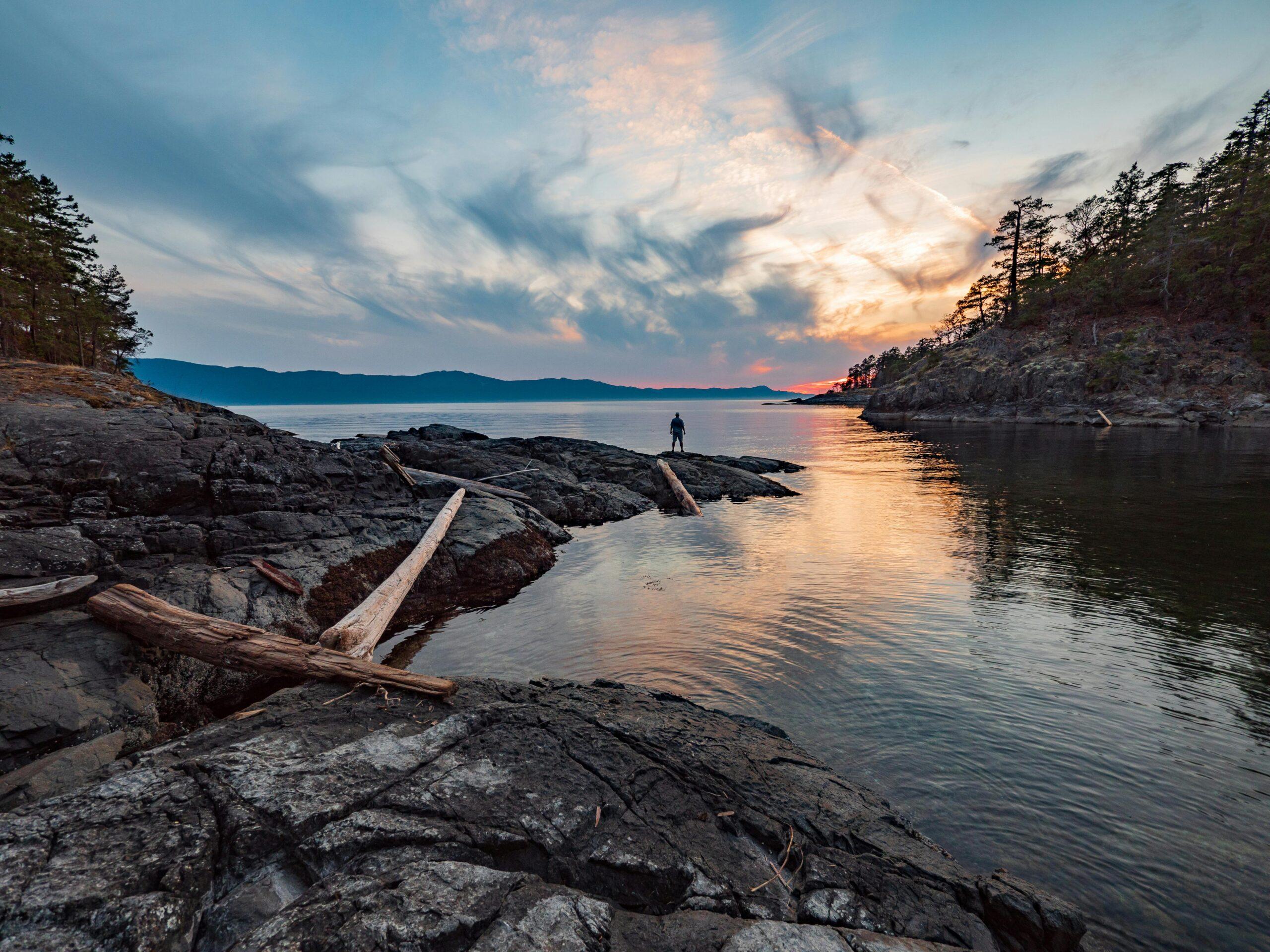
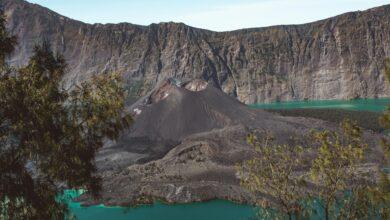
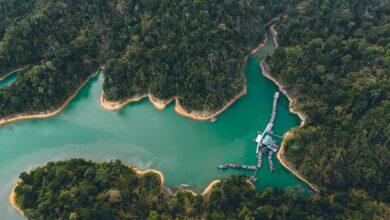
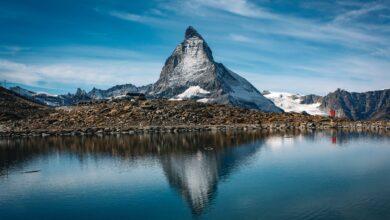


Facebook Comments